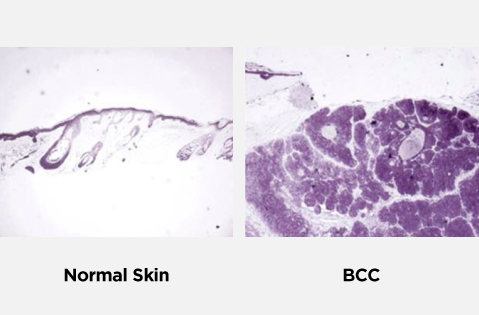Deiodinases constitute a group of thioredoxin fold-containing selenoenzymes that play an important function in thyroid hormone homeostasis and control of thyroid hormone action. There are three known deiodinases: D1 and D2 activate the pro-hormone thyroxine (T4) to T3, the most active form of thyroid hormone, while D3 inactivates thyroid hormone and terminates T3 action. A number of studies indicate that deiodinase expression is altered in several types of cancers, suggesting that (i) they may represent a useful cancer marker and/or (ii) could play a role in modulating cell proliferation – in different settings thyroid hormone modulates cell proliferation. For example, although D2 is minimally expressed in human and rodent skeletal muscle, its expression level in rhabdomyosarcoma (RMS)-13 cells is threefold to fourfold higher. In basal cell carcinoma (BCC) cells, sonic hedgehog (Shh)-induced cell proliferation is accompanied by induction of D3 and inactivation of D2. Interestingly a fivefold reduction in the growth of BCC in nude mice was observed if D3 expression was knocked down. A decrease in D1 activity has been described in renal clear cell carcinoma, primary liver cancer, lung cancer, and some pituitary tumors, while in breast cancer cells and tissue there is an increase in D1 activity. Furthermore D1 mRNA and activity were found to be decreased in papillary thyroid cancer while D1 and D2 activities were significantly higher in follicular thyroid cancer tissue, in follicular adenoma, and in anaplastic thyroid cancer. It is conceivable that understanding how deiodinase dysregulation in tumor cells affect thyroid hormone signaling and possibly interfere with tumor progression could lead to new antineoplastic approaches.
Thyroid hormone deiodinases and cancer.
Casula S, Bianco AC. Front Endocrinol (Lausanne). June 1, 2012. PMID: 22675319
